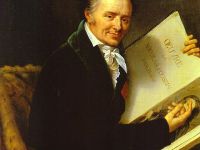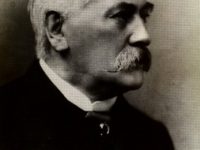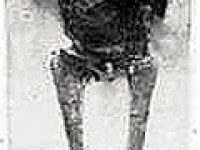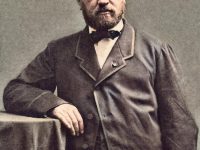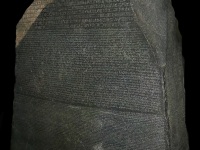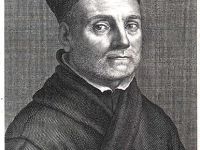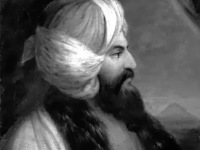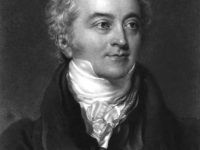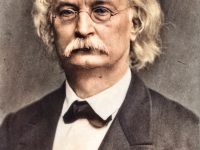Vivant Denon and the Science of Egyptology
On January 4, 1747, French artist, writer, diplomat, author, and archaeologist Dominique Vivant, Baron Denon was born. He was appointed as the first Director of the Louvre Museum by Napoleon. His two-volume Voyage dans la basse et la haute Egypte (“Journey in Lower and Upper Egypt“, 1802), was the foundation of modern Egyptology. “Finally, I believe that, among all the monuments of Syracuse that have survived the centuries, this one of the catacombs…
Read more

